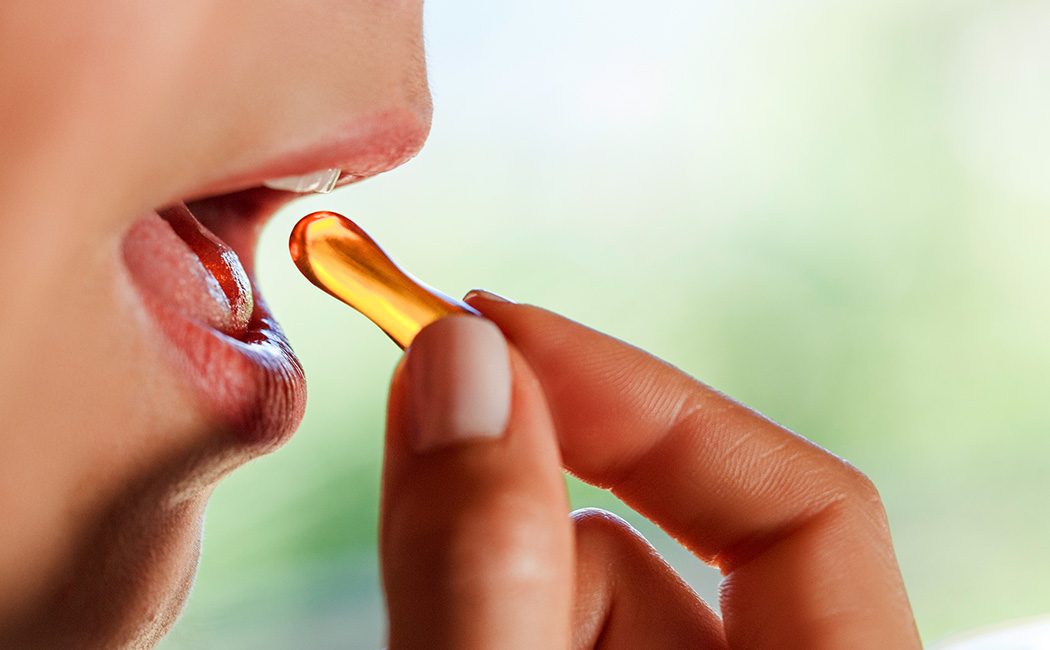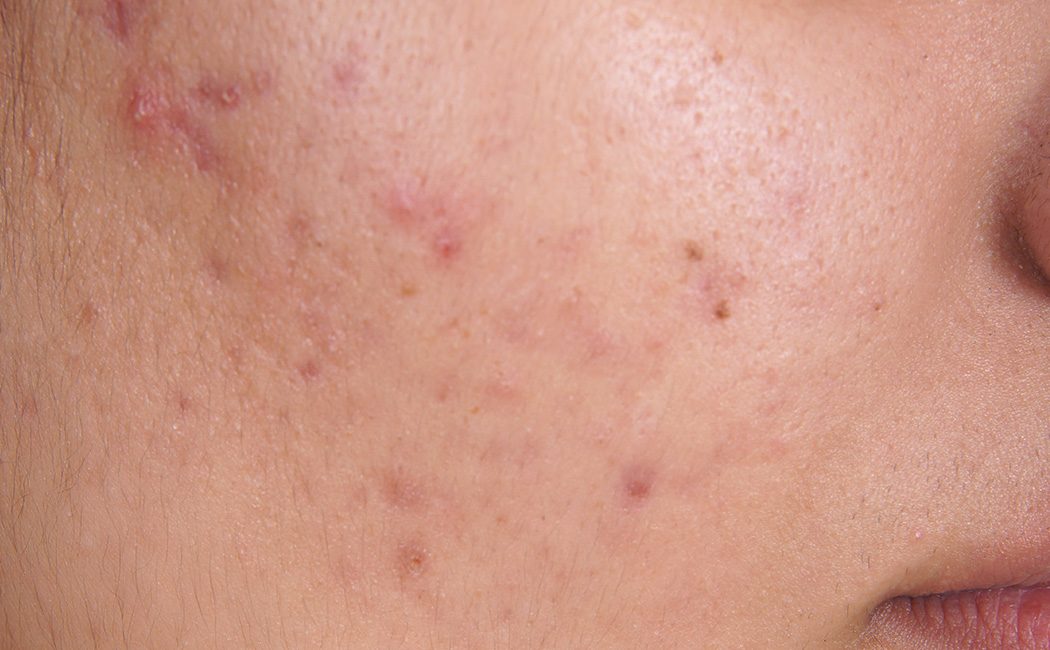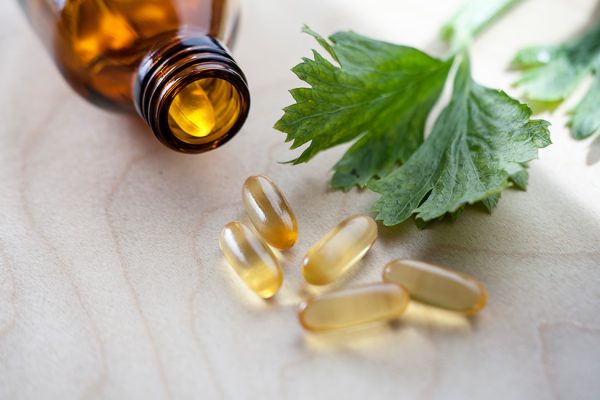In today’s article, we are going to cover an important nutrient called Vitamin D. We will look at subjects like; food sources, Vitamin D supplements, and how it helps the immune system. This will be the start of a regular series of articles about why the right levels of vitamins, minerals and other essential nutrients are one of the keys to a healthy life.
There is no question as to vitamin d’s importantance. But, the controversial arguments are;
- What are the right amounts of Vitamin D?
- Are the research results about the benefits of Vitamin D real?
The Sunshine Vitamin
Vitamin D is a fat-soluble nutrient. In fact, it is really a group of secosteroids. It is responsible for helping us absorb Calcium and Magnesium. It also plays a role in multiple biological events, like hormones.
Vitamin D3 (cholecalciferol) and D2 (ergocalciferol) are the compounds most important to humans. Known as the ‘sunshine vitamin’ and is naturally produced as your body’s response to sun exposure. We also consume Vitamin D from food and via supplementation.
Recent studies have found that a large percentage of the global population have a Vitamin D deficiency. Long term deficiency will increase the risk factor for major diseases. A test of Vitamin D blood levels is essential and costs about £30. (see link).



